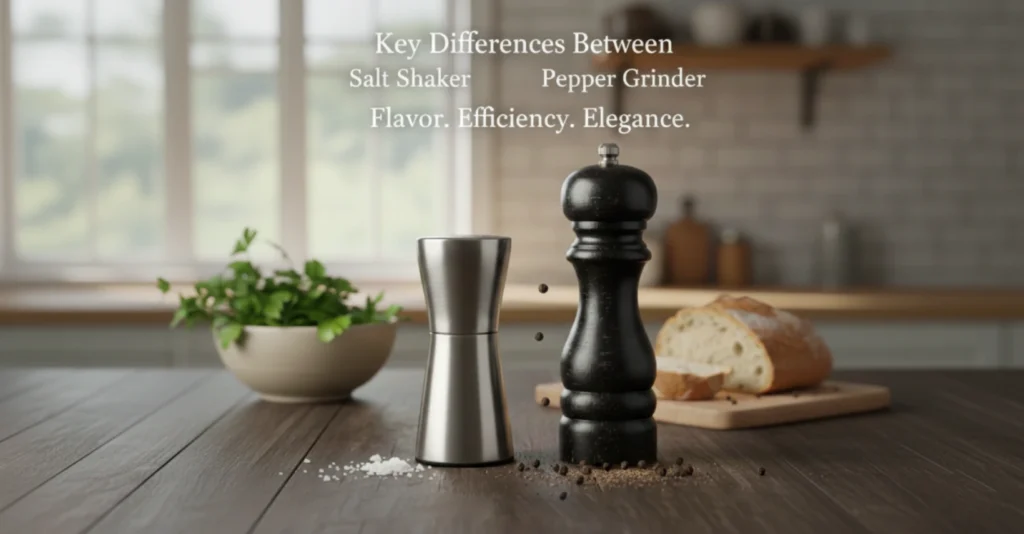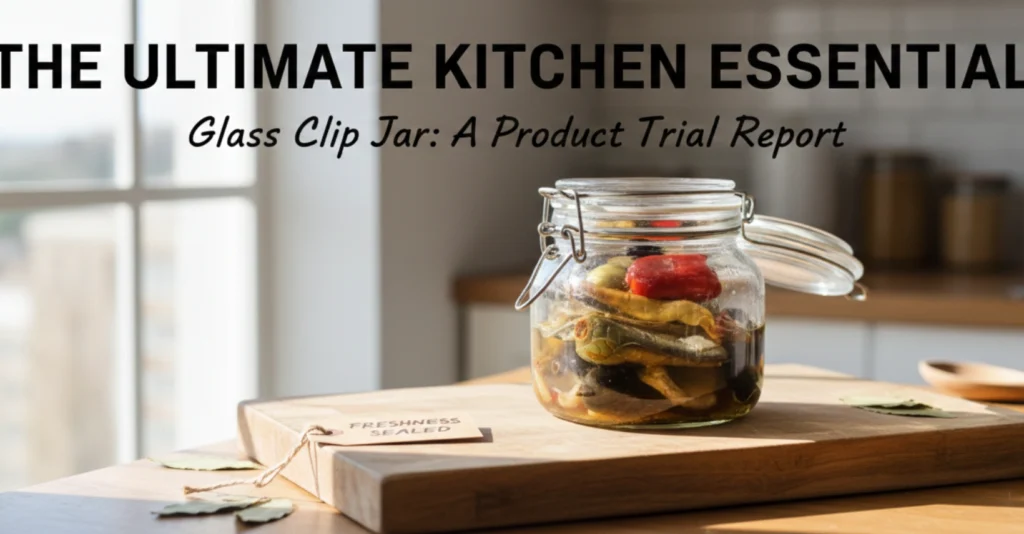Introduction
In today’s fast-paced world, organization and sustainability in the kitchen are increasingly important. One of the simplest yet most effective tools to achieve this is glass storage containers with lids. These containers help keep your food fresh, reduce waste, and provide an eco-friendly alternative to plastic. They are versatile, durable, and aesthetically pleasing, offering both functionality and style to your kitchen.
Types of Glass Storage Containers
There are various types of glass storage containers available, but the two main materials are borosilicate and soda-lime glass. Borosilicate glass is more heat-resistant, making it ideal for oven and microwave use. Soda-lime glass, while not as heat-tolerant, is still durable and commonly used in everyday storage containers.
Glass containers come in several shapes—round, square, and rectangular—each serving different storage needs. Round containers are great for liquids and soups, while rectangular ones offer better space efficiency for stacking in refrigerators and cabinets.
Advantages of Glass Storage Containers
One of the main advantages of glass storage containers is their durability. Unlike plastic containers, which can warp or stain over time, glass is long-lasting and resistant to scratches. Additionally, glass is healthier since it doesn’t leach chemicals into food like some plastics can.
Glass is also more environmentally friendly. These containers are fully recyclable, helping reduce plastic waste in landfills. Switching to glass storage containers is an investment in both the health of your household and the environment.
The Importance of Lids in Glass Containers
Lids play a crucial role in the effectiveness of glass storage containers. Silicone lids are flexible and create a tight seal, preventing leaks, while plastic lids are often lighter and less expensive. Glass lids offer a fully plastic-free option, though they may not seal as tightly as silicone or plastic. Airtight seals are essential to keeping food fresh and preventing contamination.
Uses of Glass Storage Containers with Lids
Glass storage containers with lids are incredibly versatile. They are perfect for meal prep, allowing you to cook and store food for the week ahead. Leftovers can be stored safely, preserving their freshness for longer periods. Glass containers are also ideal for storing dry ingredients like flour, grains, and spices, ensuring that your pantry stays organized.
Additionally, many glass storage containers are safe for both refrigerator and freezer use, making them a great option for long-term food storage.
How to Choose the Right Glass Storage Containers
When selecting glass storage containers, consider factors such as size, heat resistance, and lid type. Smaller containers are ideal for snacks or portion control, while larger containers are suitable for storing leftovers or meal prep. For those who frequently use microwaves or ovens, it’s essential to choose containers made from heat-resistant borosilicate glass. Also, consider whether you prefer a silicone, plastic, or glass lid, depending on your sealing and durability needs.
How to Maintain Glass Storage Containers
To prolong the life of your glass containers, proper care is essential. Many containers are dishwasher-safe, but hand-washing may be better for preserving the quality of the lids. Silicone lids, in particular, can degrade over time if exposed to extreme heat in the dishwasher.
Avoid using abrasive sponges on the glass to prevent scratches. Stains, especially from oily or tomato-based foods, can often be removed by soaking the containers in warm water and baking soda.




